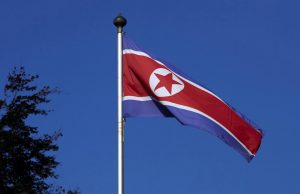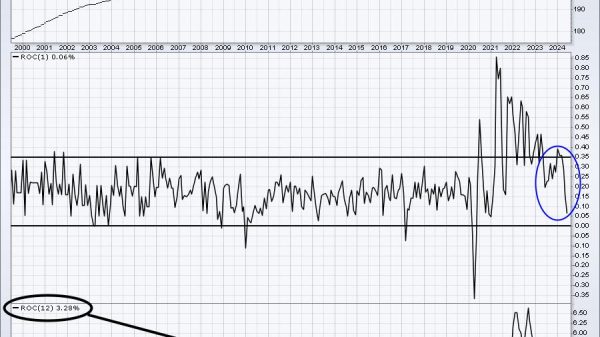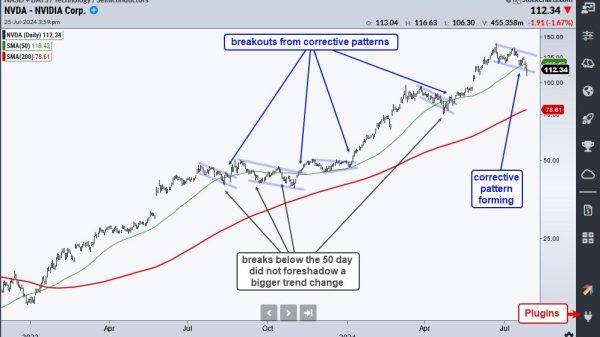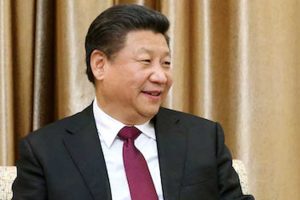HONG KONG — Public opinion towards China in the United States and other advanced economies has turned “precipitously more negative” under President Xi Jinping, according to a global survey by the Pew Research Center.
Mr. Xi, 69, is widely expected to win a precedent-breaking third five-year term as leader at a Communist Party congress that begins in Beijing on Oct. 16, securing his status as China’s most powerful leader since Mao Zedong.
While China’s economic rise and investments were seen as a positive for some Latin American, Middle Eastern and African countries, economic competition with China was seen as a “serious problem” in advanced economies like Japan, South Korea, the United States and Australia, according to Pew.
The survey, published on Wednesday, found that unfavorable views of China in developed economies had hovered in a relatively narrow band between 2002–2017, before worsening amid concerns including human rights and military power, with some of the sharpest changes between 2019 and 2020, Washington-based Pew said.
The shift in opinion was triggered partly by perceptions of China’s handling of coronavirus disease 2019 (COVID-19), which emerged in the Chinese city of Wuhan in late 2019, as well as a trade war with the United States, aggressive foreign policy and a military buildup in the South China Sea.
In the United States, 82% of respondents this year expressed an “unfavorable opinion” of China, up from 79% in 2020.
The percentage of those who said they had “no confidence” in Mr. Xi to do the “right thing regarding world affairs” was 87% in South Korea in 2022, up from 29% in 2015. In Britain, the figure increased to 70% in 2022 from 44% in 2014.
“Across advanced economies, there is very little confidence in Xi’s handling of world affairs and very negative views of the country, overall,” Laura Silver, a lead author of the report, told Reuters.
Some of the consequences of the deterioration included a pivot by countries like Australia, Canada, Japan and South Korea towards increasingly favoring economic ties with the United States relative to China, she said.
While most respondents in North America and Europe said their countries should prioritize human rights in China above economic ties, a majority in Israel, Malaysia, Singapore, and South Korea said it was more important to strengthen economic relations with Beijing. — Reuters





















